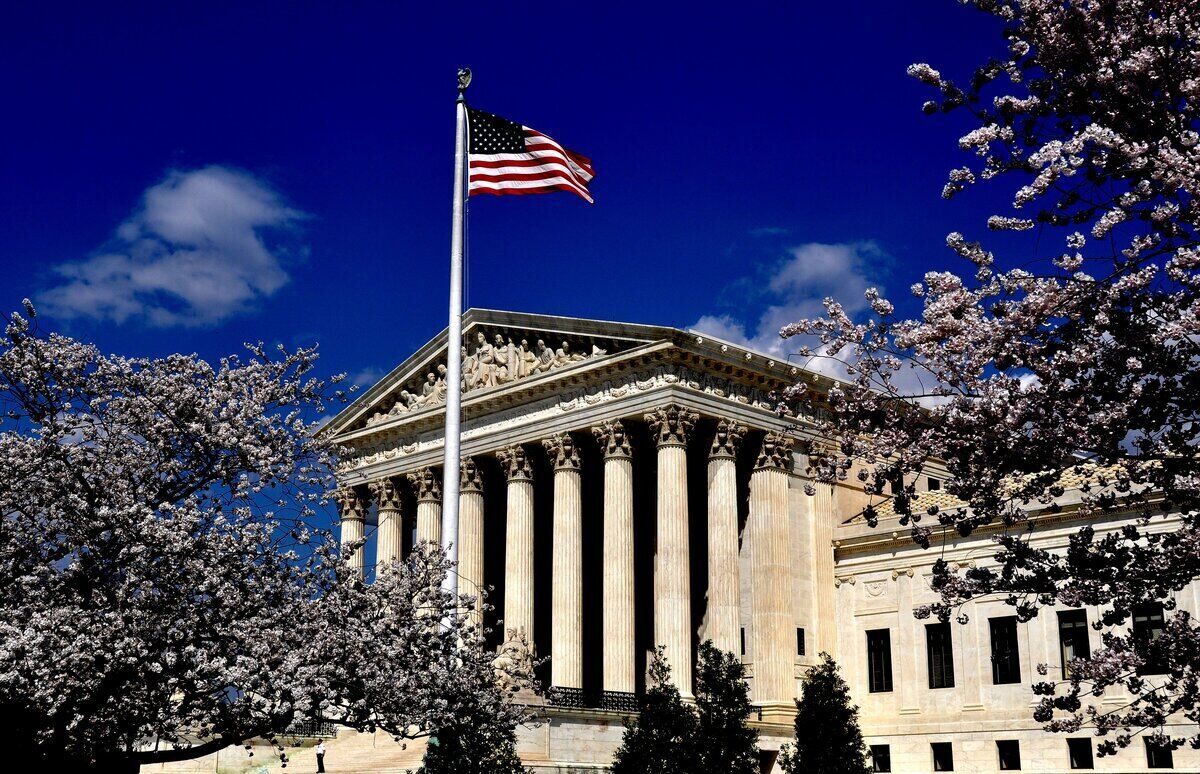The Supreme Court is weighing a pivotal case on whether Holocaust victims can sue Hungary in U.S. courts over property seized during World War II, sparking debate on sovereign immunity and the limits of international litigation.
Can the families sue Hungary?
As CNN reports, the Supreme Court has expressed scepticism over whether Holocaust victims and their families can sue Hungary in U.S. courts for property stolen during World War II. During a hearing on Tuesday, justices from across the ideological spectrum raised concerns that allowing such cases could open the floodgates to similar international litigation.
The case, which has been in contention for nearly 15 years, centres on whether an exception to the rule against suing foreign governments applies. The plaintiffs argue that Hungary seized their property during the Holocaust, later using the proceeds in U.S. transactions, thereby connecting the case to American jurisdiction. However, the justices appeared divided on the broader implications, with no clear consensus emerging from the session.

A labyrinth of questions and concerns
The Supreme Court deliberated on whether an exception to sovereign immunity permits Holocaust victims to sue Hungary in U.S. courts for property seized during World War II. Sovereign immunity typically protects nations from such lawsuits, but U.S. law includes an exception for cases involving expropriated property tied to the United States. The families argue that funds Hungary obtained from liquidating stolen property were partially spent in the U.S., warranting the exception. However, Chief Justice John Roberts and Justice Brett Kavanaugh expressed scepticism, questioning the scope of the exception and raising concerns about foreign policy repercussions. Kavanaugh noted that no other nation allows such lawsuits, emphasising the potential international ramifications of the ruling.
Tracing funds through decades of transactions?
The Supreme Court exhibited reservations across ideological lines regarding the lawsuit by Holocaust victims against Hungary for expropriated property. Justice Sonia Sotomayor questioned the plausibility of tracing funds through decades of transactions, describing it as a “fiction.” Justices Elena Kagan and Samuel Alito expressed concerns about allowing foreign nations to evade scrutiny by commingling stolen assets with general funds, with Kagan warning it could create a “roadmap” for impunity.
Alito downplayed fears of reciprocal lawsuits against the U.S., while Justice Brett Kavanaugh raised concerns about exposure to historical claims. The case, Hungary v. Simon, originally filed in 2010 and previously reviewed by the Supreme Court, has returned following a federal appeals court ruling in favour of the families. A final decision is expected next year.
Read also:
- PHOTOS: The Hungarian President in Auschwitz
- Adrien Brody plays Hungarian emigrant in new film, forms deep connection with role
Featured image: depositphotos.com
US Supreme Court decisions are not binding in Hungary. Who is actually responsible for seizing property of the Holocaust survivals? Soros mentioned that he attended property seizures with his God father. The Holocaust survival should go after the Soros family.